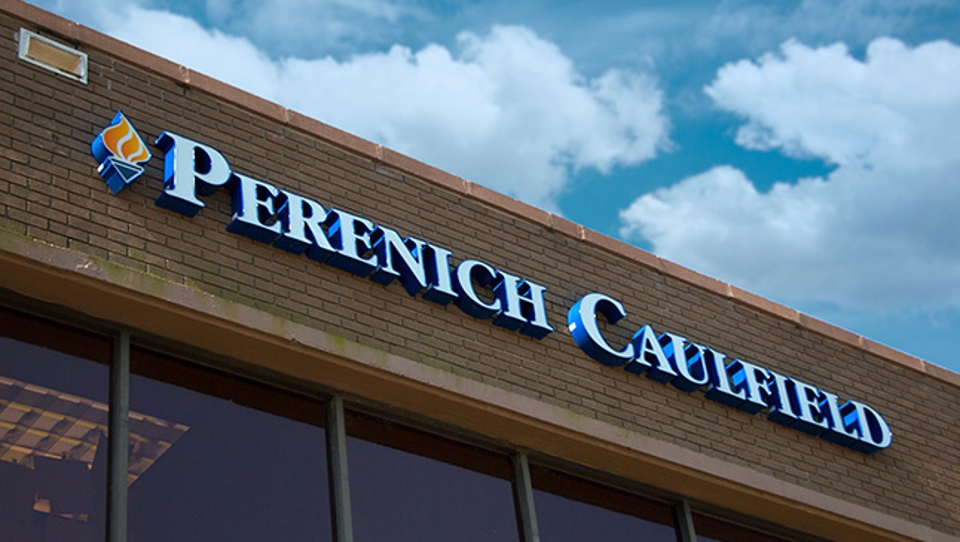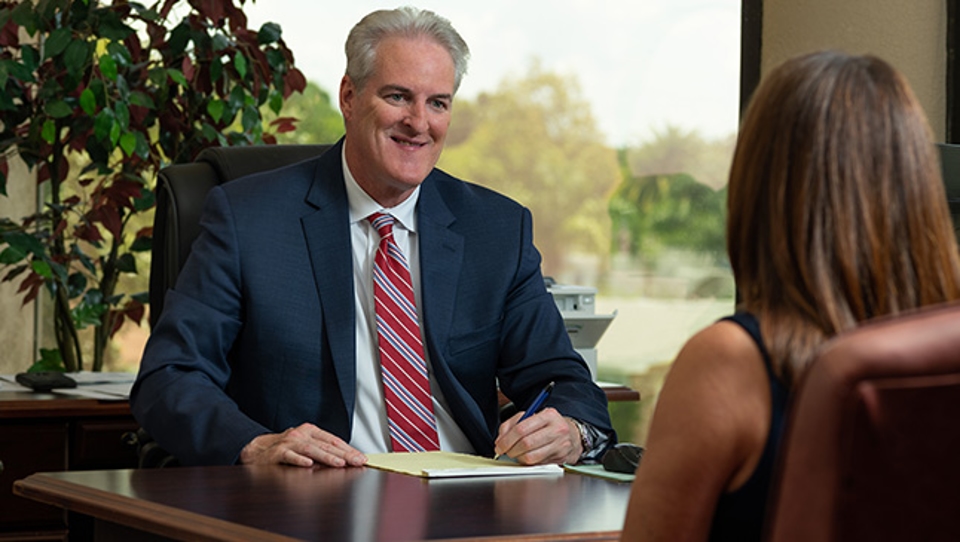-
-
Workers’ Compensation Lawyer Near Clearwater Florida
View More
-
Slip and Fall
-
Personal Injury Lawyer Near Clearwater Florida
View More
-
Car Accident Lawyer Near Clearwater Florida
View More
-
-
Car Accident Lawyer Near St. Petersburg Florida
View More
-
-
-
Workers' Compensation Lawyer Near St. Petersburg Florida
View More
-
Truck Accident Lawyer Near St. Petersburg Florida
-
-
Motorcycle Accident Lawyer Near Clearwater Florida
View More
-
Dui
-
Product Liability
-
Negligence
-
Truck Accident Lawyer Near Clearwater Florida
-
Personal Injury Lawyer Near St. Petersburg Florida
View More
-
Motorcycle Accident Lawyer Near St. Petersburg Florida
-
Employment Law
-
Insurance Claims
-
Premises Liability
-
Uber & Lyft Accidents














































